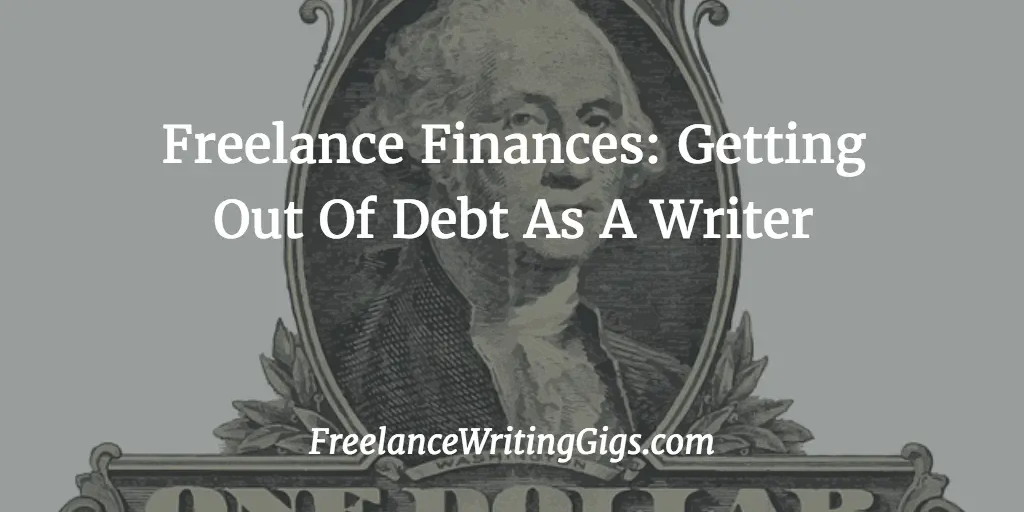Money Matters
-
The Importance of Financial Planning as a Freelancer
You don’t have to fear financial planning as a freelancer. Just like…
-
Does Being Self-Employed Affect Your Credit?
There are many benefits to being self-employed as a freelancer. You can…
-
Tips for Retiring as a Freelancer
Back in the day, you got a job at a single company.…
-
3 Simple Reasons Why Freelancers that Blog Earn More Money
If you were to just glance at some of the latest numbers…
-
Don’t Forget About Getting Paid
At times, the freelancing lifestyle can feel a bit like the Wild…
-
How to Pay Taxes as a Freelancer (A Guide for 2020)
Freelancing is becoming a major industry as more and more people work…
-
A Freelancer’s Guide on How to Organize Finances
The world of freelancing can be a fun, frustrating, and extremely lucrative…
-
Managing Cash Flow When the Unexpected Happens
Freelancing in any field carries risks. How can you possibly feel safe…
-
How to Supplement Your Freelance Income
As a freelancer, you probably spend a disproportionate amount of time thinking…
-
Freelance Finances: Getting Out Of Debt As A Writer
As freelance writers, we’ve all been there. Where? In debt. Maybe it’s…









